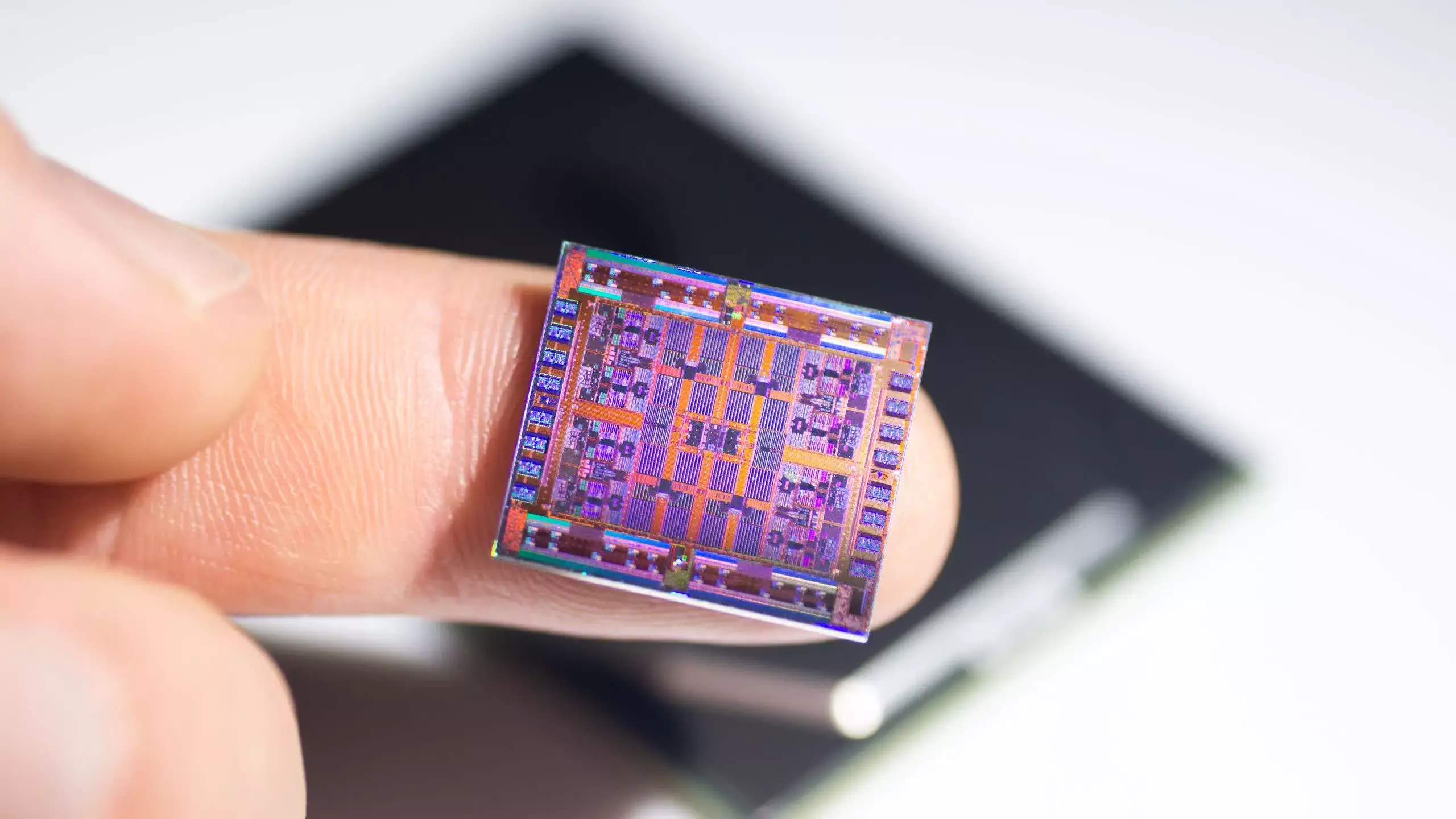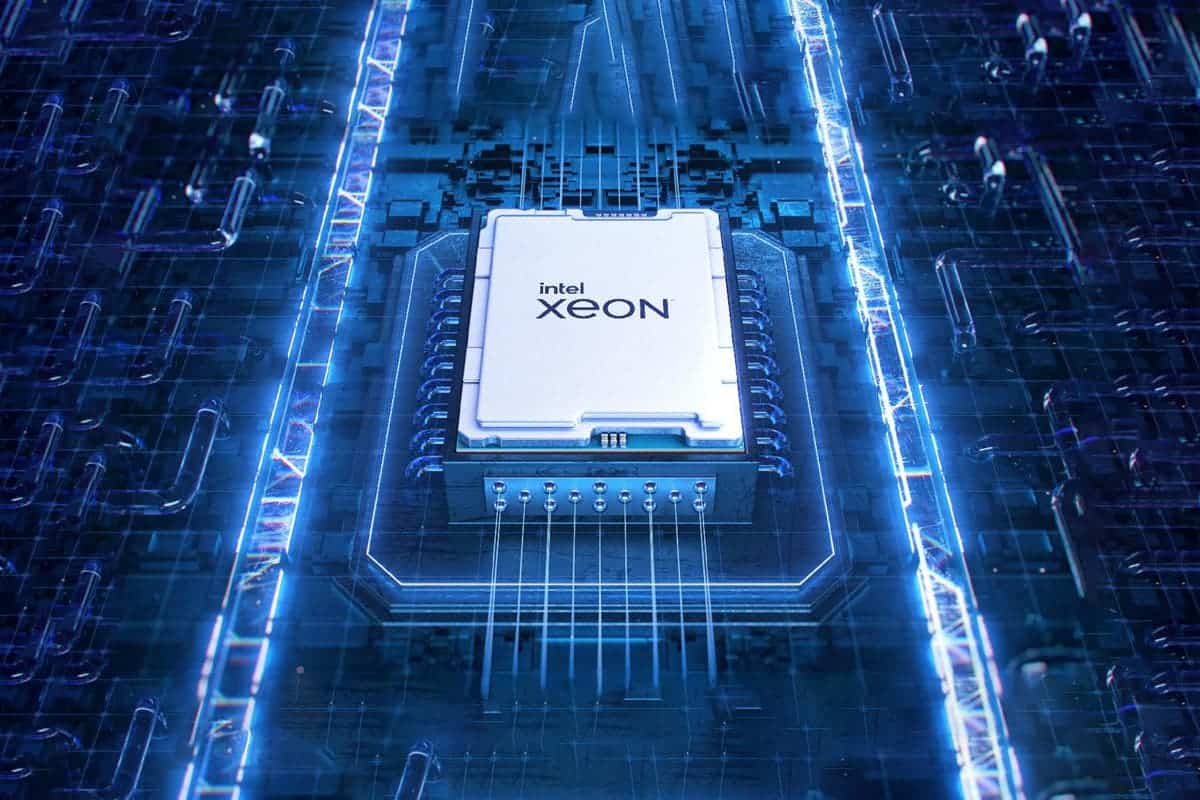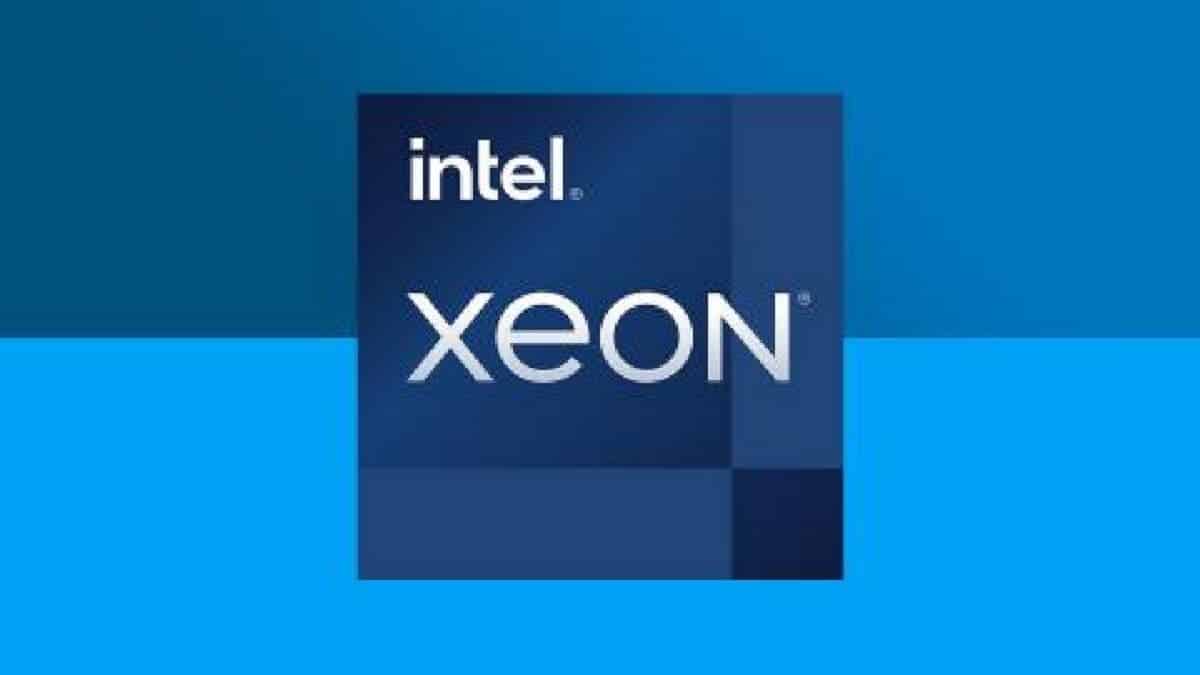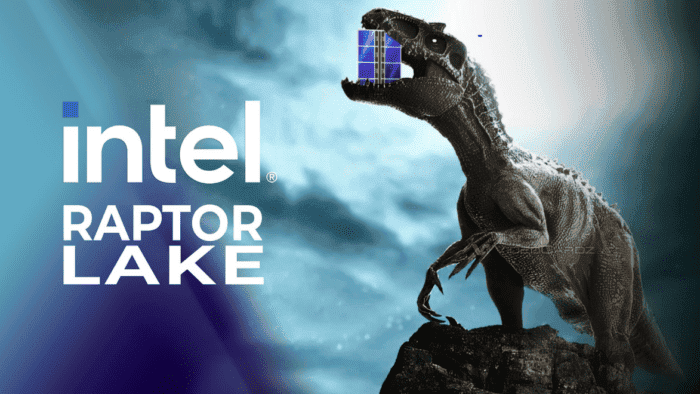A German Court has recently issued an injunction against the sale of certain Intel processors in Germany following a patent infringement case. The ruling impacts older processors, while current products remain unaffected. A regional court in Düsseldorf, Germany, has ruled in favor of a US-based semiconductor company, R2 Semiconductor, in a patent infringement case against Intel. The court has issued an injunction against the sale of certain Intel processors in Germany, following the alleged violation of a patent reportedly owned by R2 Semiconductor. The dispute concerns voltage regulators. The regional court confirmed that Intel had infringed R2 Semiconductor’s integrated voltage regulator technology patent. (Source).
In this article, we will provide a basic overview of the patent infringement case between R2 Semiconductor and Intel and the ruling by a German court.

The ruling applies to some of Intel’s previous-generation processors, including the Core Series ‘Ice Lake’, ‘Tiger Lake‘, ‘Alder Lake‘, and Xeon chips. The good news for Intel is that its latest generation of Core “Raptor Lake” and “Raptor Lake Refresh” processors, as well as its Core Ultrabook “Meteor Lake” CPUs, do not infringe any of R2 Semiconductor’s patents. So Intel and its partners can Germany can sell these processors and related equipment without restrictions. According to The Financial Times, the ban on these chips will affect some Dell and HP devices.
Background – Legal Battle
The legal battle between Intel and R2 Semiconductor has been ongoing, with Intel also facing a similar dispute in the UK and attempting to settle a long-running legal dispute with VLSI. The company has been protecting its customers by covering any legal costs or damages they might face. The practical impact of the German court’s decision remains uncertain, pending Intel’s appeal. The ruling has created a setback for Intel, no company wants its products to be banned.
This development has raised concerns about the potential impact on the availability of certain Intel processors in the German market and the broader implications for the semiconductor industry. The outcome of Intel’s appeal and the resolution of the patent dispute will be closely monitored by industry stakeholders and consumers alike.
Intel’s Response
Intel has expressed its intention to appeal the court’s decision. The company also criticized R2 Semiconductor, referring to it as a “patent troll”. Intel claims that companies like R2 appear to be shell companies. It believes that it should not be allowed to obtain injunctions on CPUs and other critical components.

The company argued that R2 Semiconductor’s patents had been declared invalid in the United States. The company said that this is why R2 had to sue in Europe. Intel told the Financial Times:
“Intel believes that a company like R2, which appears to be a shell company whose only business is litigation, should not be allowed to obtain injunctions against CPUs and other critical components, which will harm consumers, workers, and, national security and the economy.”
Regarding litigation in Germany, Intel protects its customers by covering any legal fees or losses their customers may face. As of last September, Intel was unable to make a realistic guess as to “the amount or scope of losses that may result from these lawsuits.” Such a guess is not easy to predict by any brand, this is not peculiar to Intel.
Gizchina News of the week
R2 Response
With regards to the court ruling, David Fisher, CEO of R2 said:
We are delighted that the highly respected German court has issued an injunction and unequivocally found that Intel has infringed R2’s patents for integrated voltage regulators. R2 has been a semiconductor IP developer, similar to ARM and Rambus, for more than 15 years. Intel is intimately familiar with R2’s business —in fact, the companies were in the final stages of an investment by Intel into R2 in 2015 when Intel unilaterally terminated the process. R2 had asked if a technical paper Intel had just published about their approach to their FIVR technology, which had begun shipping in their chips, was accurate. The next and final communication was from Intel’s patent counsel. That was when it became clear to me that Intel was using R2’s patented technology in their chips without attribution or compensation.
That is how these lawsuits emerged, and Intel is the only entity R2 has ever accused of violating its patents. It is unsurprising but disappointing that Intel continues to peddle its false narratives rather than taking responsibility for its repeated and chronic infringement of our patents. We intend to enforce this injunction and protect our valuable intellectual property. The global patent system is here precisely to protect inventors like myself and R2 Semiconductor.
Effect of the Ruling on Intel
The court ruling stops Intel from selling Ice Lake and Tiger Lake processors. However, many of these Ice Lake and Tiger Lake processors are currently discontinued. So a sales ban will not cause significant harm to Intel and its partners. However, some PCs still use Intel’s 12th Generation Core “Alder Lake” and boxed/tray versions. These CPUs are therefore still available for purchase.
Final Words
There is a complex legal landscape and potential disruptions within the semiconductor industry. This is highlighted by the recent injunction issued by a German court against the sale of certain Intel processors in Germany. The injunction comes after a patent infringement case with R2 Semiconductor. The ruling affects older Intel processors, including the Core Series ‘Ice Lake’, ‘Tiger Lake’, ‘Alder Lake’, and Xeon chips. However, these chips are quite old and newer Intel chips are not affected.
The legal battle underscores the challenges faced by technology companies in navigating patent disputes. They have to defend against allegations of infringement. This conflict is quite intense and Intel has strongly stated that it will appeal the court decision. The company even called R2 a “patent troll,” which shows how unpleased it is with the situation.

The immediate impact of the injunction on Intel may be limited because some of the affected processors have been discontinued. However, industry stakeholders will closely watch the outcome of Intel’s appeal and the resolution of the patent dispute.
The current concerns about the availability of certain Intel processors in the German market underscore the significance of legal battles. As the legal proceedings continue and the semiconductor landscape evolves, the resolution of patent disputes and the enforcement of intellectual property rights will remain critical issues for technology companies, regulators, and consumers alike. The outcome of these legal disputes will not only impact individual companies but also have broader implications for competition, consumer choice, and technological advancement in the digital age.
Author Bio
Efe Udin is a seasoned tech writer with over seven years of experience. He covers a wide range of topics in the tech industry from industry politics to mobile phone performance. From mobile phones to tablets, Efe has also kept a keen eye on the latest advancements and trends. He provides insightful analysis and reviews to inform and educate readers. Efe is very passionate about tech and covers interesting stories as well as offers solutions where possible.





